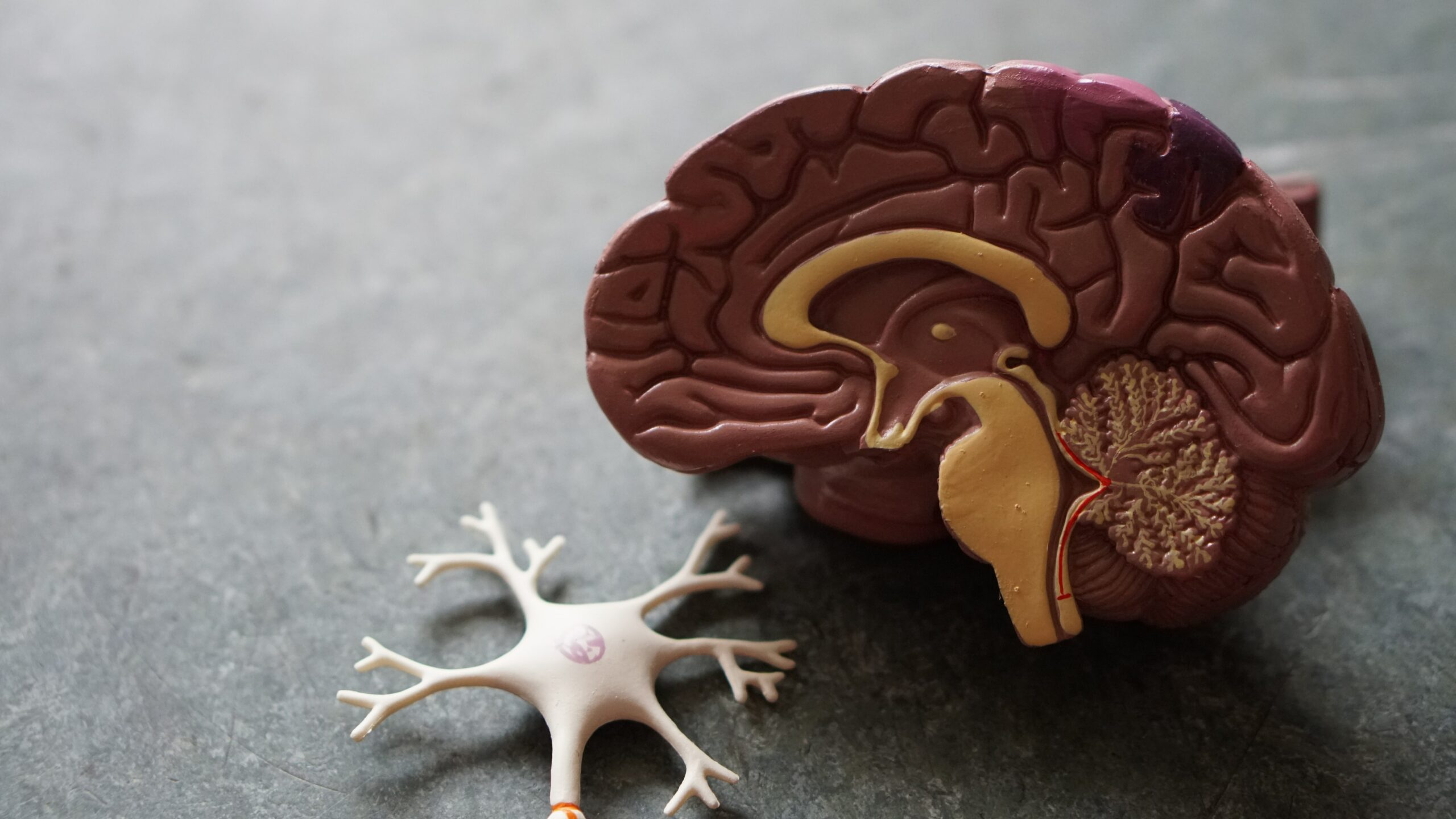Effects of Alcohol
Long- & Short-Term Alcohol Effects
While alcohol is a powerful central nervous system depressant, its effects on the CNS are inconsistent. Sometimes, you might find alcohol makes you excitable – at a wedding reception or bar, for instance – while on other occasions, you might feel drowsy and sedated after drinking.
When you drink alcohol in smaller amounts, it suppresses the area of your brain associated with inhibition. Alcohol also affects core functions, such as:
- Breathing
- Memory
- Thinking
- Movement
- Speech


By: Renaissance Recovery
Clinically Reviewed by: Diana Vo, LMFT
Last Updated:
04/01/2024
What Are the Long-Term Effects of Alcohol?
If you’re not careful alcoholism can ruin your life. It leads to a number of dangerous physical and mental health problems.
Specifically, abusing alcohol chronically over the long term causes permanent changes to brain structure and functioning. It can cause issues like:
- High blood pressure
- Cardiomyopathy
- Irregular heartbeat
- Alcohol hepatitis
- Liver fibrosis
- Reduced white and gray matter in the brain
- Memory loss
- Reduced attention span
- Increased alcoholic cravings
- Less gray matter in the brain
- Problems with learning
- Fatty liver (steatosis)
- Stroke
- Increased risk of various cancers

Effects of Long-Term Alcohol Abuse
Data shows that alcohol use disorder is linked to a variety of mental health conditions, including:
- GAD (generalized anxiety disorder)
- Other anxiety disorders
- Major depressive disorder
- Bipolar disorder
- Schizophrenia
These disorders can occur independently from alcohol use disorder, sometimes predating issues with substance abuse. When mental health conditions co-occur with alcohol use disorder, this is known as dual diagnosis or co-occurring disorder.

Long-Term Effects of Alcohol on the Body
Alcohol is a drug that affects nearly every organ in the body. From the pancreas to the liver to wet-brain syndrome, drinking alcohol in excess can lead to dangerous, even life-threatening consequences.
Along with the effects it can have on these organs and systems, alcohol is also a known a carcinogen and is estimated to be responsible for 3.5% of all cancer deaths in the United States.
It leads to increased risk of head and neck cancer, liver cancer, colorectal cancer, breast cancer, and more.

Fight Back Against Alcoholism
Get evidence-based treatment to overcome alcohol addiction at Renaissance Recovery. Call our team now to learn more about the process.

Effects of Alcohol on the Brain
In the short term, alcohol affects areas of the brain responsible for controlling cognitive function and motor function. The long-term abuse of alcohol can trigger permanent changes to the way your brain functions, as well as leading to possible brain damage.
Alcohol abuse can also contribute to the development or worsening of a range of mental health disorders, including:
- Anxiety disorder
- Major depressive disorder
- Panic disorder
- Bipolar disorder
- Antisocial personality disorder
Overcoming Alcohol Addiction with Renaissance Recovery
If you’re struggling with alcohol use disorder and you feel the time is right to reclaim your life, Renaissance Recovery’s California rehab is here to help.
Our outpatient programs give you flexibility, structure, and support without the expense of residential rehab. Along with evidence-based treatment programming, we offer connections to help people with the drug or alcohol detox, aftercare programming, and more
For anyone suffering from alcohol use disorder co-occurring with a mental health condition, our dual diagnosis program will help you address both these knotty issues simultaneously for the strongest chance of sustained sobriety.
All you need to do to get started is call our addiction hotline today.

